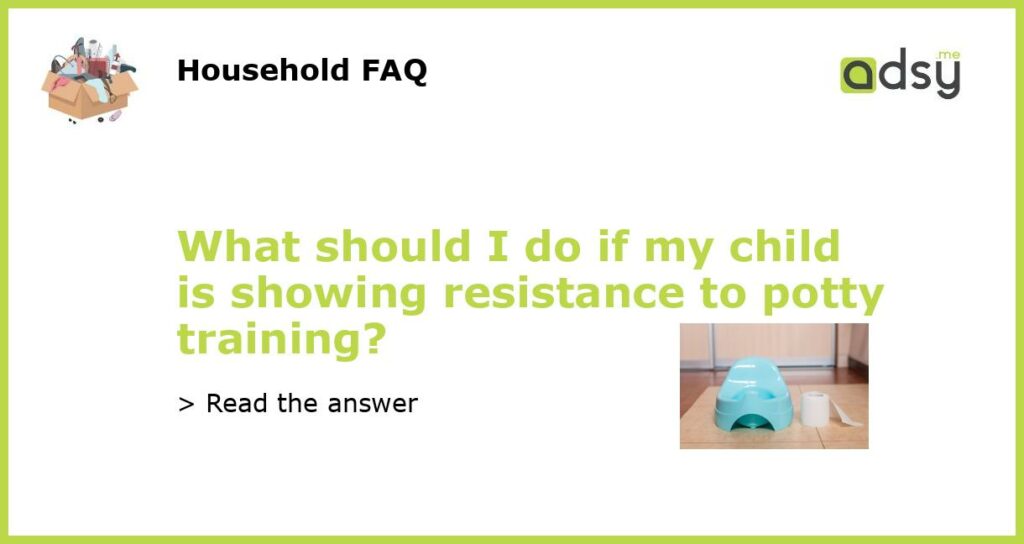Understanding Potty Training Resistance in Children
Potty training is an important milestone in a child’s development, but it can sometimes be met with resistance. If your child is showing resistance to potty training, it’s important to understand the reasons behind it and find strategies to address the issue effectively.
Assess Readiness and Timing
One of the most common reasons for potty training resistance is that your child may not be ready or the timing may not be right. Every child develops at their own pace, so it’s important to assess if your child has reached the developmental milestones necessary for potty training. Signs of readiness include showing an interest in using the toilet, staying dry for longer periods, and being able to follow simple instructions.
Create a Positive Environment
Creating a positive and supportive environment is crucial when it comes to potty training. Make sure your child feels comfortable and safe during the process. Use positive reinforcement techniques such as praise, rewards, or a sticker chart to encourage and motivate your child. Avoid negative reinforcement or punishment as it can lead to more resistance and anxiety.
Establish a Routine
Consistency is key in potty training. Establish a routine and stick to it. Have regular bathroom breaks throughout the day and encourage your child to sit on the potty during those times. Make it a part of their daily routine so that it becomes a natural habit. Incorporate potty training into other daily activities such as getting dressed or before bedtime to help reinforce the routine.
Communicate Openly and Honestly
Communication is essential when dealing with potty training resistance. Talk openly and honestly with your child about the process and why it’s important. Use simple and age-appropriate language to explain what is expected. Encourage your child to express their feelings or concerns and address them in a supportive manner. Remember that potty training is a learning process, and it’s okay to have setbacks along the way.
Seek Professional Guidance if Needed
If your child’s potty training resistance persists or becomes a cause of concern, it may be useful to seek professional guidance. A pediatrician or child psychologist can provide further insights and strategies specific to your child’s needs. They can help determine if there are any underlying issues contributing to the resistance and provide guidance on how to overcome them.






